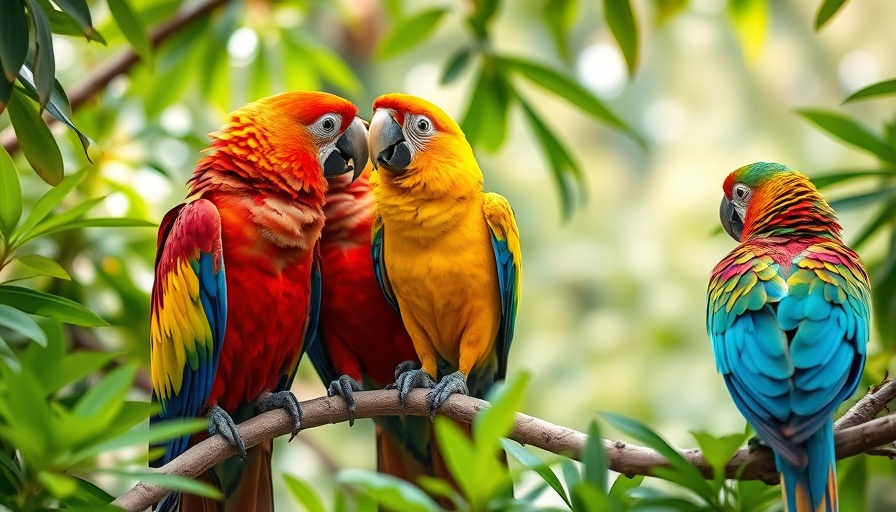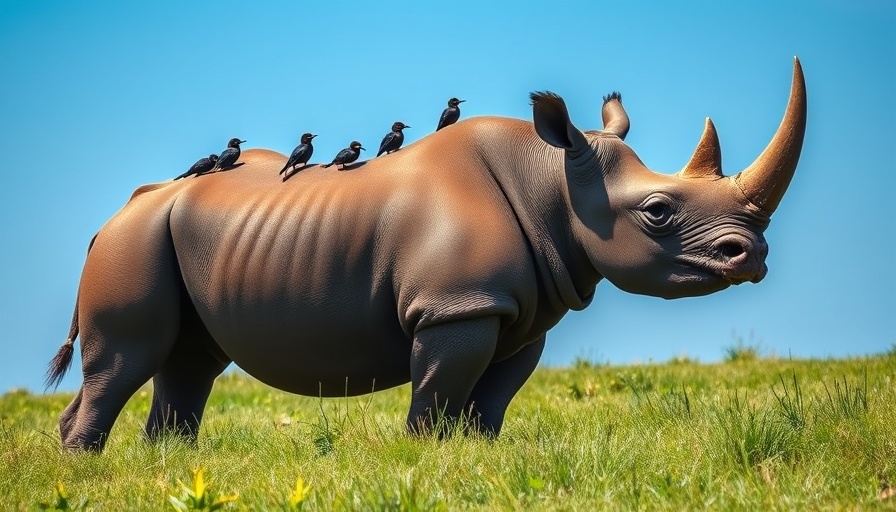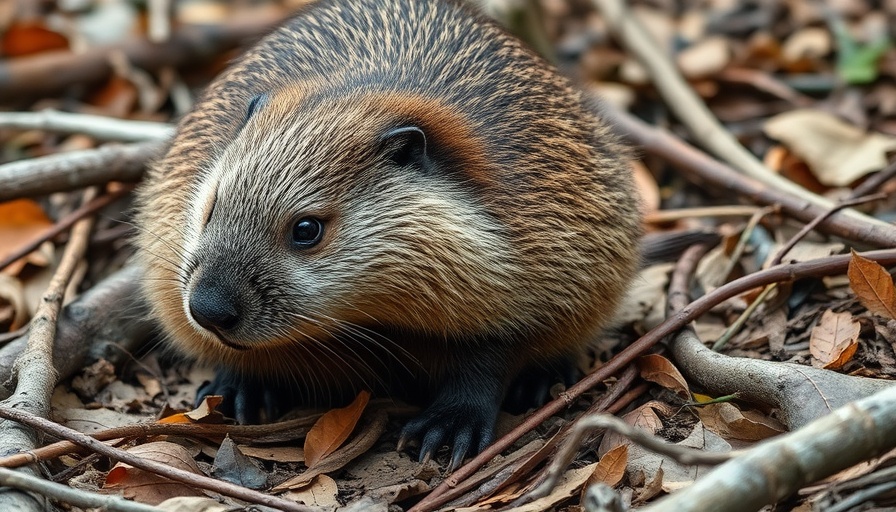
Parrots and Their Unlikely Understanding of Human Language
Parrots are renowned not only for their ability to mimic human speech but also, as recent research reveals, for their impressive comprehension of our language. The findings indicate that these vibrant birds can grasp the meaning of words and use them in context, challenging our previous assumptions about avian intelligence.
Breaking Down Communication Barriers: Understanding Parrot Linguistics
Studies led by Irene Pepperberg, a Boston University researcher, illustrate just how sophisticated parrot communication can be. Working closely with the famous African grey parrot named Alex, Pepperberg documented his understanding of over 100 words. Alex did not merely imitate sounds; he demonstrated a real understanding of concepts like “bigger” or “same” through appropriate responses. This research opens up avenues for considering how we perceive communication beyond the human realm.
The Importance of Context: Parrots Use Words Intelligently
Erin Colbert-White, a psychologist at the University of Puget Sound, further emphasizes that parrots learn to label objects with surprising accuracy. For instance, when a parrot requests a “peanut” and is instead offered an apple, it will likely reject the substitution, showcasing an understanding of specific wants and language correspondence. This suggests a functional awareness of their environment—a quality we often attribute only to humans or more complex animals.
Parrots and Social Intelligence: A Peek into Their Emotional Lives
One of the more intriguing cases involves Alex learning to utter “I’m sorry” after agitating his trainer. Although this may not be a sign of true remorse, it illustrates that parrots can recognize social cues and adapt their communication for better interaction outcomes. Similarly, phrases like “I love you” may not indicate deep emotional sentiment but rather serve as effective strategies to garner loving responses from their human companions. This nuanced understanding makes parrots exceptionally social birds, enriching their relationships with humans.
A Call to Action: Respecting Our Feathered Friends
As we delve deeper into the intelligence of parrots, it becomes crucial to advocate for their well-being. The remarkable capabilities of these birds highlight their need for respect and protection, especially since many species face dire threats from habitat destruction, climate change, and the pet trade. By supporting conservation efforts, we can ensure that these extraordinary creatures continue to thrive in the wild.
In conclusion, it is time we reconsider our approach to parrots and other intelligent wildlife. Instead of merely training them to speak our language, we should strive to understand their own. Let us become advocates for these incredible birds and ensure their voices are heard, both in the wild and in our homes.
 Add Row
Add Row  Add
Add 




Write A Comment